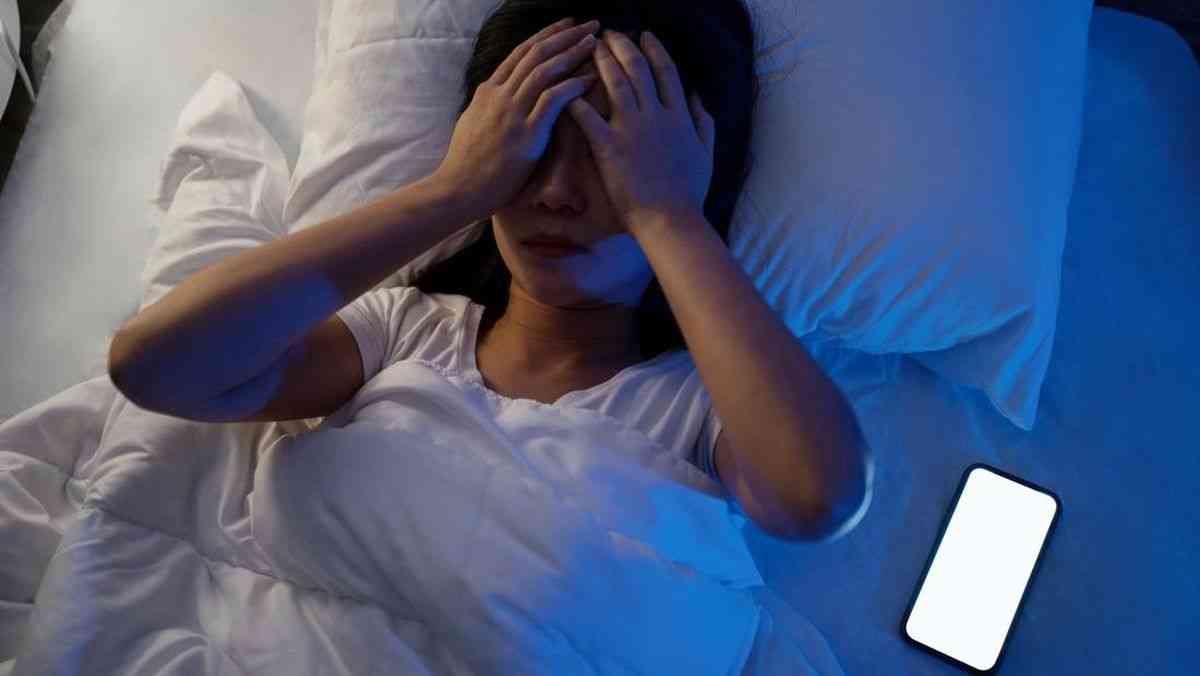For some people, falling asleep is a real struggle. There are certain things that make them feel more relaxed and help them drift off to sleep. The truth is that when it becomes a recurring habit, it may not be a tool, but something more.
Sleeping with noise or any other type of stimulus indicates that the person may be trying to prevent their mind from getting stuck in an endless loop of thoughts. Some people do this with the light because they are afraid of the dark, and others are overwhelmed by silence.

What psychology says about sleeping with the television on
Psychology, the science that studies human behaviour, has found that people who tend to watch television until they fall asleep have certain personality traits or emotional conditions. These can include night-time anxiety, fear of loneliness or even extremely high levels of stress.
Unconsciously, it can be used as a constant mental distraction to avoid thinking about overwhelming issues or intrusive thoughts that put the person in a bad mood.
Studies conducted by the National Sleep Foundation in the United States reveal that about 30% of the population sleeps with the television on, often using it as a tool to combat insomnia and the silence of the night. However, there is also the phenomenon of sitting down to watch television and falling asleep from one moment to the next.
This is common for people who have an irregular routine and are unable to disconnect from what happened during the day or even ignore the external stimuli in their environment. The problem is that this dependence affects the development of healthy and functional sleep.
Some of the recommendations for achieving this are:
- Sleep in complete darkness.
- Avoid screens 30 minutes before bedtime.
- Use meditation techniques to relax and disconnect.
- Get between 7 and 8 hours of sleep.

